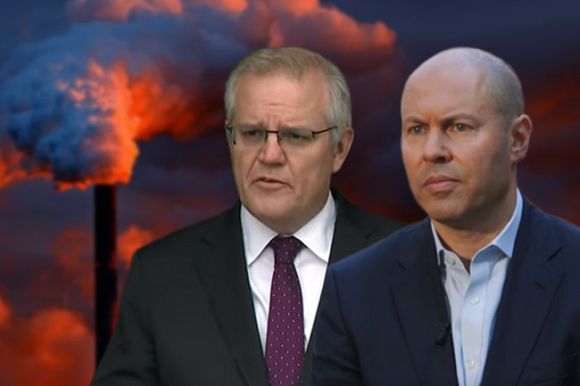The value of a degrowth economy: Our planet would be richer for it

Decades of economic expansion have come at the expense of developing nations and a tremendous cost to the planet. Degrowth is a healthier future option, writes Erin Remblance.
THE THOUGHT of a degrowth economy can be scary. We’ve all grown up in a society where growth is good and not growing – recession – is bad.
Recession means unemployment, financial hardship and increasing poverty. Why would anyone choose that? But degrowth doesn’t mean recession. Degrowth is a conscious set of policies designed to optimise human and planetary well-being while minimising inequality, poverty and environmental harm. It is recognition that “more” doesn’t mean better and that, despite decades of economic growth, on average we aren’t happier.
Degrowth acknowledges that economic growth in predominately western nations has come at the expense of developing nations and at a tremendous cost to the planet and its ability to sustain life — and now we are on the brink of an unimaginable catastrophe.
So, what could a world not obsessed with gross domestic product (GDP) growth look like? In his book, Less Is More: How Degrowth Will Save The World, Jason Hickel advocates for many policies, including:
- ending planned obsolescence on products such as household appliances, technological devices, furniture, houses, cars, etcetera;
- cutting advertising;
- shifting from ownership to “usership” — think of all of the “stuff” we own that spends most of the year idle, especially cars;
- ending food waste;
…click on the above link to read the rest of the article…
